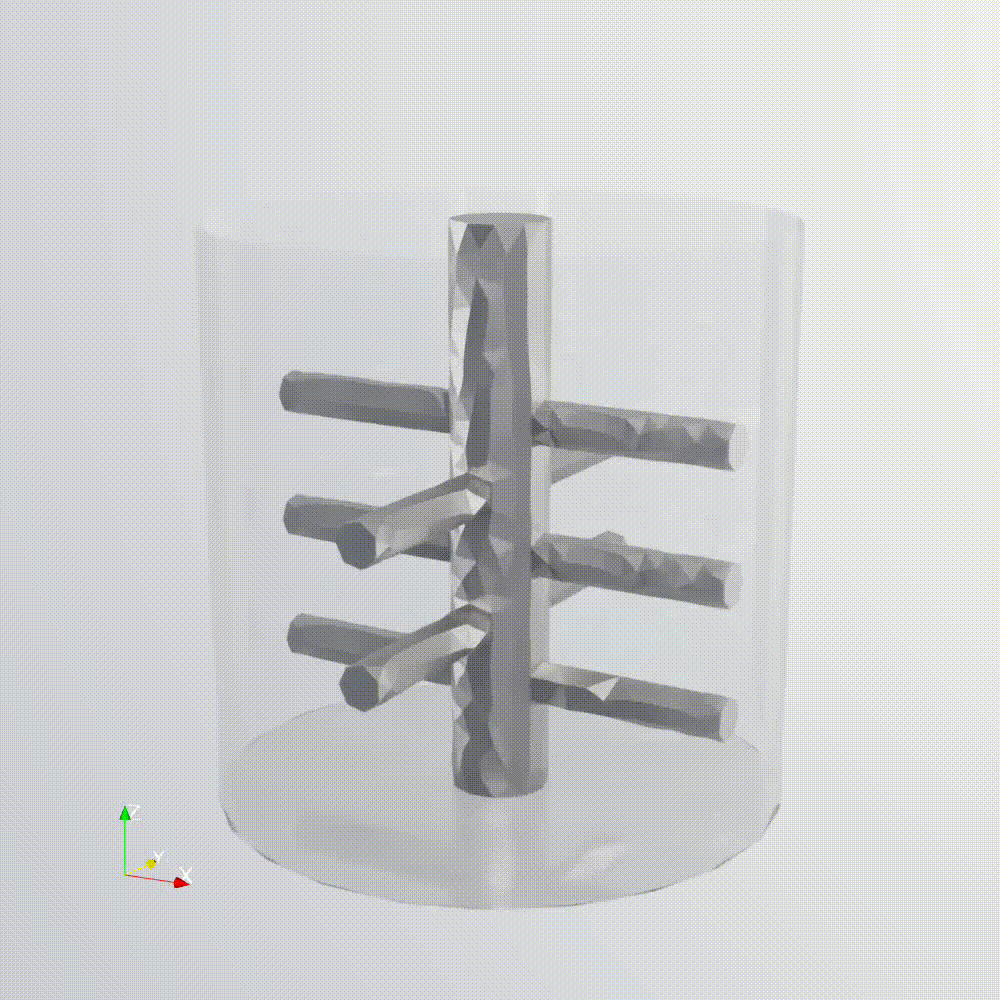Multi-objective Evolutionary Optimisation of Industrial Process Equipment: A Workflow for Facilitating Both Sustainability and Profitability
Dr. C.R.K. Windows-Yule
The University of Birmingham
Abstract
In a world where sustainability is paramount, the optimisation of industrial systems for increased energy- and resource-efficiency is more important than ever. Such optimisation is, however, time-, cost-, and labour-intensive, and often based on heuristics or questionable empirical “rules of thumb”.
We introduce a novel AI-driven technology, HARPPP, which uses evolutionary optimisation strategies coupled to rigorously-calibrated numerical models to autonomously optimise the design of diverse process equipment, including mills, mixers, dryers, roasters, coaters, fluidised beds, stirred tanks, and diverse other systems used in the food industries and beyond.
The industrial user can set the specific target for optimisation – for example “minimise power draw”, or “maximise throughput” – as well as imposing any desired constraints to ensure that the final designs provided remain easy and cost-effective to implement. The software is also capable of multi-objective optimisation – for example, one might ask HARPPP do re-design a blade for a z-mixer (see below-left) in a manner which simultaneously decreases power draw and increases mixing rate, thus also increasing throughput. This functionality thus ensures that we do not need to choose between sustainability or profitability, but can instead achieve both simultaneously.
In this talk, we introduce the optimisation software and its underlying principles, as well as detailing a food-industry-relevant case study demonstrating the potential value of the technology.
The HARPPP-driven “evolution” of a z-mixer blade (left) and an attritor mill (right).



